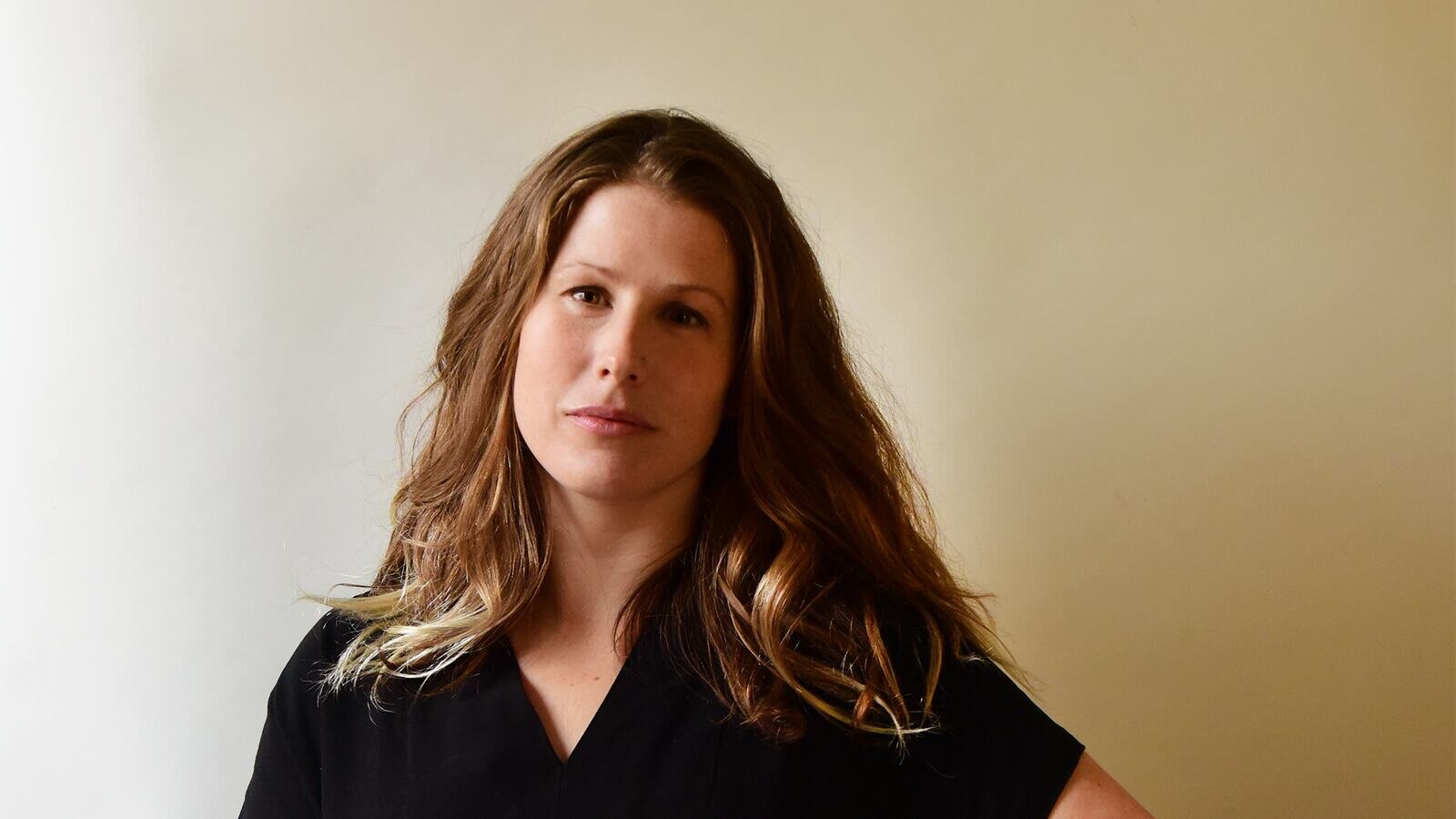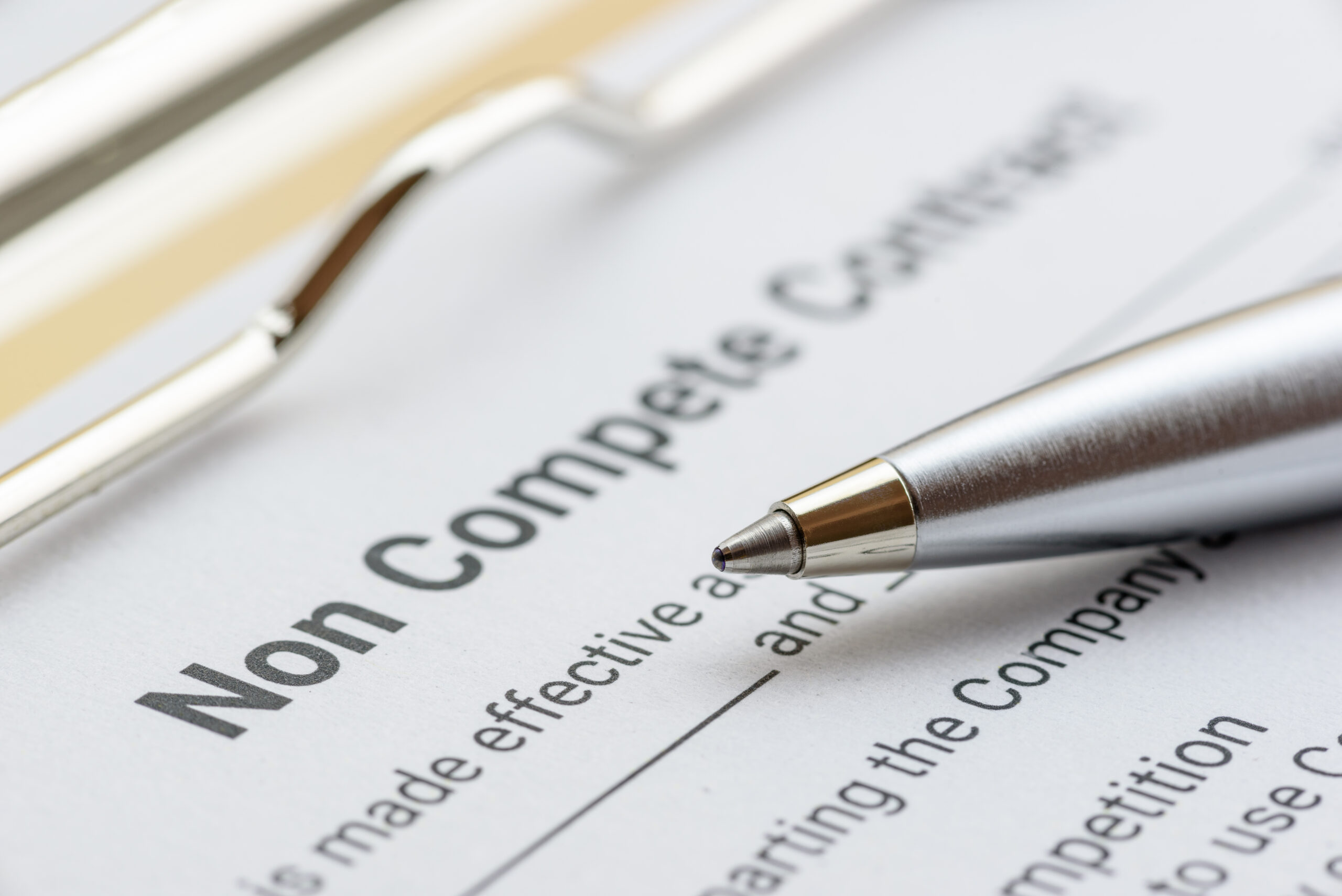
10 March 2020
|Blogs
“Invisible Women”: a talk by Caroline Criado Perez at Southbank Centre, London
On 6 March 2020, Farore Law staff attended a talk by Caroline Criado Perez about her bestselling book ‘Invisible Women: Exposing Data Bias in a World Designed for Men’. Owing to a request that attendees not use electronic devices, we refrained from live-Tweeting the event and instead post the following extracts from the discussion, which was chaired by Helena Kennedy QC.
Please note that some of the following extracts are paraphrased.
On the “default male”:
-
“The concept of the ‘default male’ is key to gender bias. Either manufacturers hate women, or it is unconscious bias.”
-
“I read about feminism and linguistic theory whilst at university, and learned about the generic male in grammar. Importantly, when women read these words, they picture a man. I’d never realised this before. With the word ‘lawyer’, ‘doctor’, or ‘politician’, I was thinking about a man. If “he” was a truly gender-neutral word, you would think that I’d picture a woman 50% of the time. This was my lightbulb moment.”
On gender stereotypes:
-
“I believed the stereotype of women being “trivial”, “boring”, and “irrational”. Instead of questioning this, I used to think that I was not like a ‘regular’ woman. I didn’t recognise it as discrimination: I instead thought that I was different. I would waste a lot of energy making sure that people knew I wasn’t like a ‘regular woman’.”
Caroline Criado Perez stated that following the release of her book, she regularly receives photos that show extensive queues outside women’s toilet facilities in public spaces:
-
“It’s fascinating that this was the bit that people noticed – this seemingly trivial thing that we encounter every day. Women were living with the idea that these long queues were our fault when it is in fact a design issue.”
-
“Planning of toilet facilities for men and women is done on an equal floorspace basis: this sounds fair, but more urinals than toilets can fit inside the same space. It is also quicker for men to use a urinal than for women to use a toilet. Furthermore, there is more demand for women’s toilets: they take longer due to biology. At any one time, 25% of women are on their period, which necessitates further time. Pregnant women also take longer. Women with children also take more time: as women tend to be primary carers, they will often take their children with them to a public toilet.”
On street harassment:
-
“We don’t have good data for harassment on the streets. The main source of data is from the police, and not all behaviours that make women feel fearful are reported to the police. It is not quantified. Women are made to feel hysterical for being fearful.”
On women in the workplace:
-
“Women are told that they will get ahead if they are good enough. But who decides what is meritorious? I like to quote a study by the London School of Economics: ‘gender quotas don’t overpromote women: they weed out incompetent men’. The instinctive reaction is to think it’s unfair, but we don’t consider the women that we don’t hear about.”
On successfully campaigning for the first statue of a woman (Dame Mililcent Fawcett) in Parliament Square in 2018:
-
“People, including women MPs, said, ‘how did we not notice that no women were there?’ Because it was normal [to see men but not women], and you don’t notice the normal.”
On artificial intelligence:
-
“Machine learning amplifies the biases we feed them. A 2017 study by the University of Washington found that an algorithm, trained on a set of images that were 33% more likely to feature women in pictures of cooking than men, increased the percentage to 68%. This is not the end of the world, but when you apply this to recruitment, HR, and filtering CVs, it is frightening.”
On convincing people that subconscious data bias against women exists:
-
“Try to approach people with good faith and with generosity in spirit. It is hard to do in the current political climate, but changing minds depends on how you approach people and present your case. To change systemic bias, everyone needs to be involved.”









